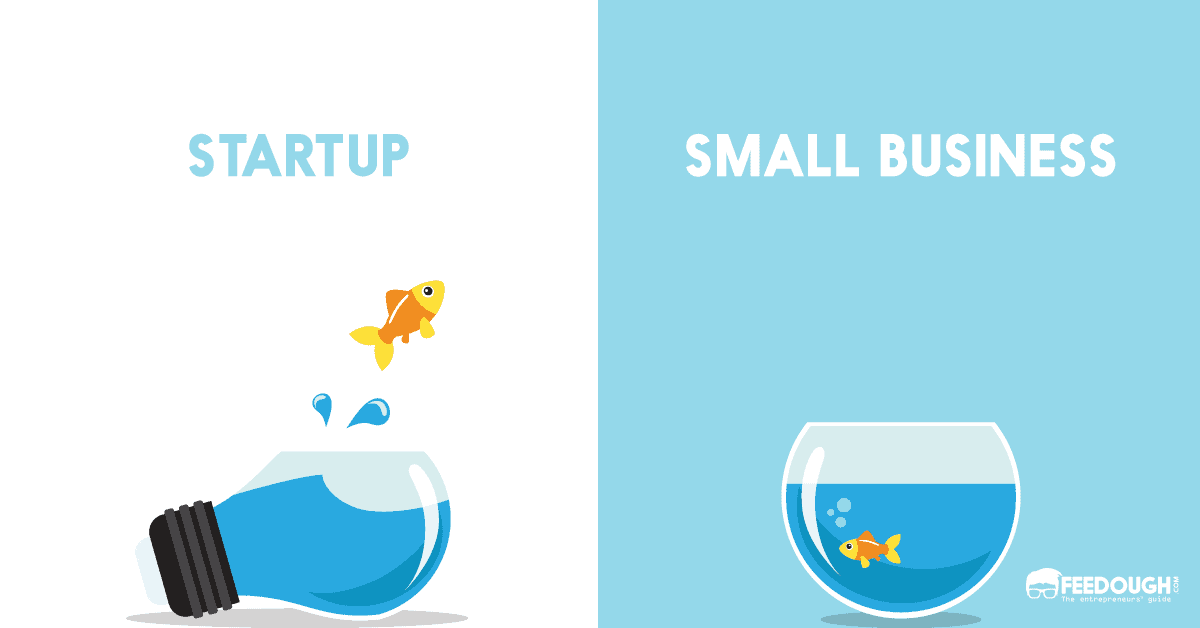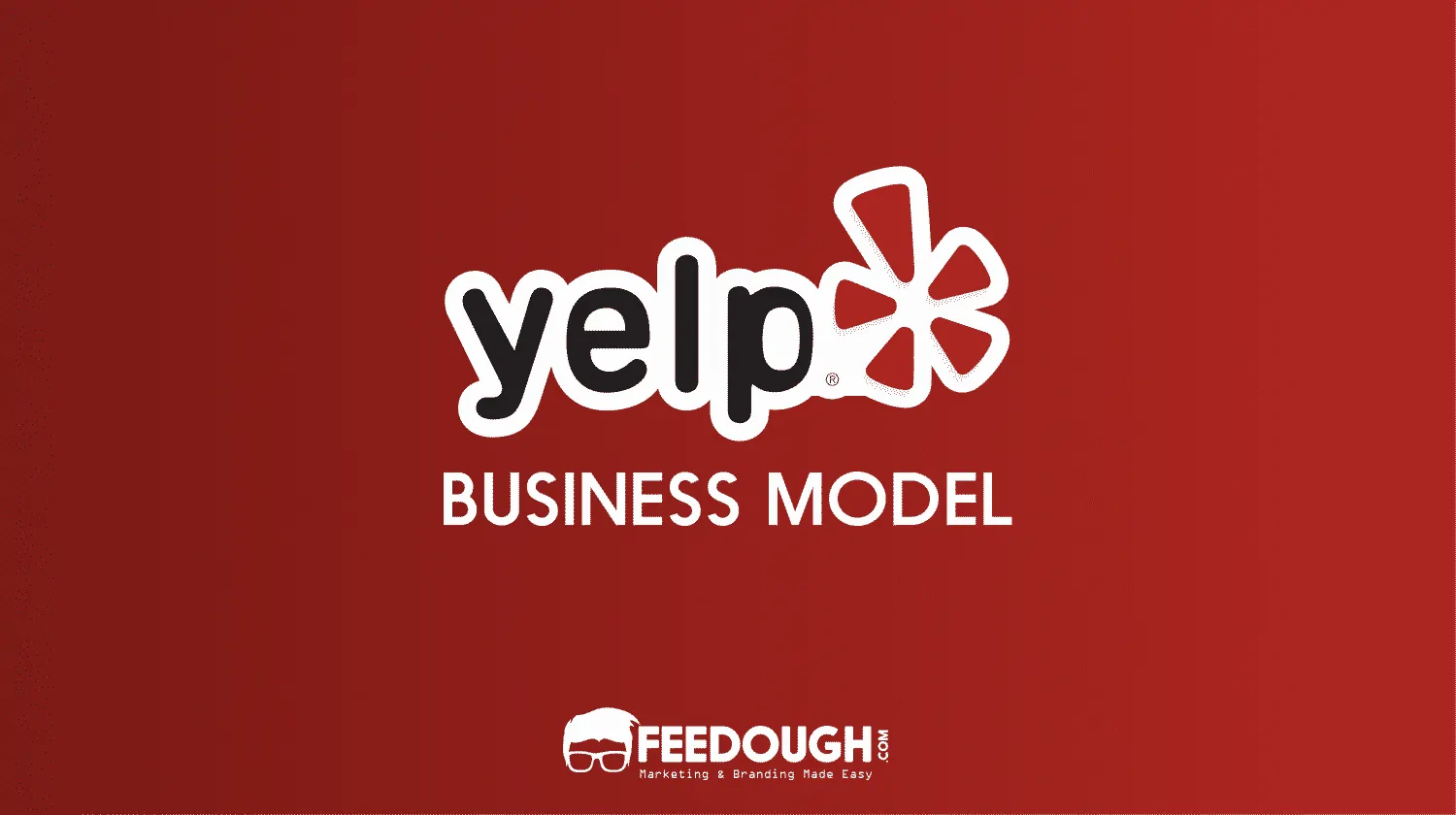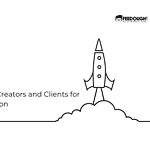Small businesses are the backbone of local economies, yet many struggle to connect with the right customers. Almost 50% of small businesses fail due to inadequate marketing strategies. Currently, local entrepreneurs might be putting their resources into ads that yield cold leads, resulting in frustration rather than fruitful connections.
What if there was a way to transform this challenge into a steady stream of clients?
Enter Salesium, a game-changer for solo and micro businesses. This startup lets small businesses use their personal brands and community ties to attract customers directly, all while maintaining privacy. Salesium’s unique approach focuses on solidifying meaningful interactions instead of relying on spammy tactics that often leave businesses feeling lost in the crowd.
With 34 times better chances of converting a conversation into a sale through direct engagement, Salesium highlights the potential for meaningful connections.
We interviewed Gregory Gershman, the co-founder and CEO of Salesium, to uncover how they’re turning the struggle of finding customers into a thriving opportunity.
What is Salesium?
Salesium is a new marketplace designed specifically for local solo, micro, and small businesses. It uses the power of personal branding and community connections to help businesses attract customers directly without invasive outreach.
For instance, if you own a local café, Salesium allows you to engage with your community authentically, fostering deeper relationships with potential customers.
The primary challenge faced by many small businesses is their struggle to secure new clients, a problem that has seen many fail. Salesium addresses this issue by offering a platform where local customers can search for needed services in complete privacy, avoiding spammy ads and intrusive communication. By promoting community networks and referrals, small businesses can establish meaningful conversations with potential clients.
What sets Salesium apart from competitors is its focus on privacy and engagement. Unlike larger platforms that bombard users with cold leads, Salesium facilitates direct interactions, resulting in a conversion rate 34 times higher than traditional outreach methods. This unique approach fosters genuine connections between businesses and consumers, creating an environment where both thrive in a supportive community.
Salesium Founders
Gregory Gershman stands at the forefront of Salesium as its co-founder and CEO, bringing nearly three decades of experience in managing small businesses. His journey has been shaped by hands-on involvement in sales and operations, gaining a profound understanding of the challenges that local entrepreneurs face in securing new customers.

Salesium’s idea came from a pivotal moment in Gregory’s career. He once had to watch a client lay off half their team due to financial struggles, despite the client providing good service at fair prices. This experience showed Gregory that many small businesses, though offering great services, often struggle with customer engagement and lead generation due to lack of time and focus. It inspired him to create a platform to help small businesses manage customer acquisition more effectively.
In the early days of building Salesium, one significant hurdle involved securing the necessary resources without seeking external funding. The path ahead led Gregory to partner with Richard Welty, a co-founder and CTO. Together, they focused on developing the Salesium platform while balancing their commitment to an HR consultancy that sustained their efforts financially. This collaborative spirit not only propelled their vision but forged a strong foundation for the marketplace that prioritises meaningful connections over traditional cold leads.
Salesium sets itself apart by prioritising privacy and user engagement, a philosophy shaped by Gregory and Richard’s career experiences. The platform focuses on building community networks and referral systems, aiming to create an environment where local businesses can grow through genuine interactions. Salesium’s approach is based on the belief that effective solutions come from understanding each entrepreneur’s unique challenges, rather than applying a universal strategy.
Interview with Gregory Gershman, Co-Founder & CEO of Salesium
We had the opportunity to interview Gregory Gershman, the co-founder and CEO of Salesium. Gregory shared insights about Salesium’s mission, the challenges faced by small businesses, and his vision for the platform.
Q: What inspired you to venture into this particular industry?
A: Over my 30-year career in small business management, I’ve seen the same issue repeatedly: excellent services and products failing due to poor customer engagement and lead generation. This hit home when a client of my HR consultancy had to lay off half his staff due to financial struggles. Despite providing great service and managing his resources well, he couldn’t keep up with finding new clients. This experience made me realise the critical need for a solution like Salesium.
Q: Can you tell us about the founding team of Salesium?
A: Salesium was co-founded by Richard Welty, our CTO, and myself. I bring three decades of small business management experience, while Richard contributes his technical expertise. We met while working on my HR consultancy, which financially supported the development of Salesium. This partnership has been instrumental in building a platform focused on meaningful connections rather than cold leads.
Q: How does Salesium differentiate itself from competitors?
A: Salesium stands out by prioritising privacy and genuine engagement. Unlike platforms like Angi and NextDoor, which often push cold leads, Salesium facilitates direct, one-on-one conversations between businesses and customers. This approach is 34 times more effective in converting leads into sales. Additionally, we support community networks and referrals, further promoting authentic connections.
Q: What were the early challenges you faced while building Salesium?
A: One of our biggest challenges was securing resources without external funding. Richard and I had to balance our commitment to the HR consultancy with developing Salesium. This meant long hours and a lot of juggling, but it also ensured we built a platform that truly addressed the needs of small businesses.
Q: What are Salesium’s plans for the future?
A: We’re currently working on expanding Salesium to include a platform for alumni associations. This will allow current and former students to shop within a digital mall dedicated to their college’s alumni, fostering a sense of community and supporting small businesses connected to their alma mater.
Q: Do you have any advice for aspiring entrepreneurs looking to start their own business?
A: Focus on the daily grind. Consistency is key. Whether it’s pushing for product-market fit, reaching out to investors, or iterating your product, it’s the day-to-day efforts that drive success. Also, understand your customer’s pain points deeply – the best solutions come from real empathy and insight.
Feedough’s Take on Salesium
In this era where small businesses continually struggle with visibility and customer acquisition, Salesium stands out as a breath of fresh air. The platform’s focus on using personal branding and community networks offers a nurturing ground for businesses to thrive without the hassles of traditional aggressive marketing. By enabling direct customer engagement, which is statistically more effective, Salesium not only enhances business prospects but also enriches community ties.
Looking ahead, Salesium’s privacy-focused, referral-driven model is set to challenge conventional marketing approaches. As the platform grows, maintaining the quality of interactions whilst scaling presents ongoing hurdles. Nevertheless, if Salesium can keep up its distinctive value proposition, small businesses may find themselves with a potentially transformative tool for growth.
We can anticipate a rise in effective local commerce ecosystems, reshaping customer-business relationships in a digital era centred on personalisation and privacy.
A startup consultant, digital marketer, traveller, and philomath. Aashish has worked with over 20 startups and successfully helped them ideate, raise money, and succeed. When not working, he can be found hiking, camping, and stargazing.









